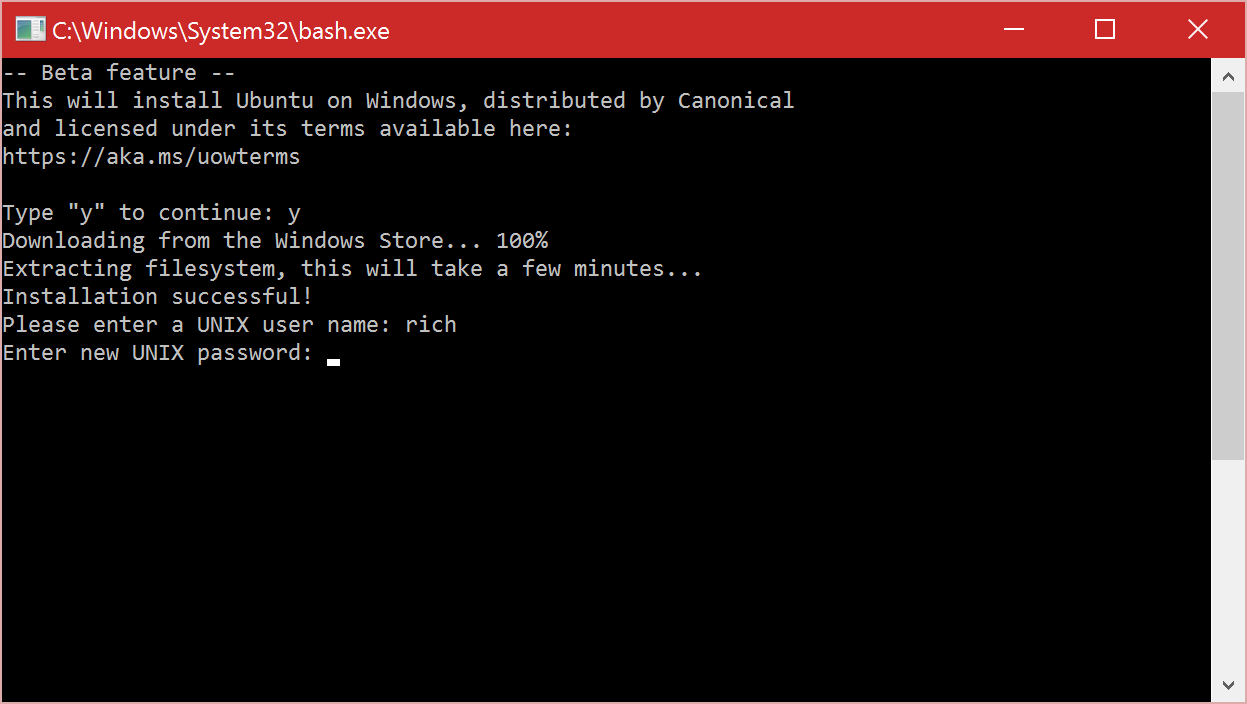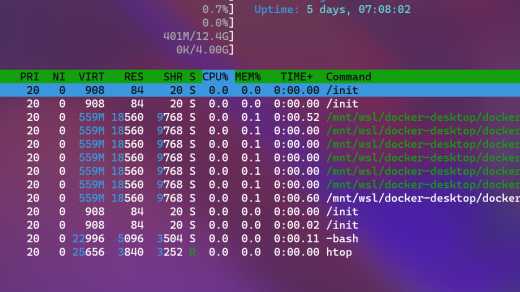Embark on a comprehensive journey into the world of Linux system administration with our complete tutorial.
Linux System Administrator Basics

You will also need to understand security measures such as password management and encryption, as well as how to manage user permissions and superuser access. Familiarity with networking concepts like routing tables and network interfaces is crucial for system administration.
In this Linux System Administrator Tutorial, you will learn the essentials of Linux administration to become proficient in managing Linux servers and systems effectively.
User and Group Administration
In Linux, managing users and groups is a crucial aspect of system administration. The superuser, also known as root, has the highest level of privileges and can perform any task on the system. Regular users are assigned user identifiers (UIDs) and belong to specific groups, which determine their access rights to files and directories.
User administration involves creating, modifying, and deleting user accounts, setting passwords, and managing user permissions. Group administration, on the other hand, allows you to create groups, add or remove users from groups, and set group permissions.
It is essential to understand the Unix filesystem structure, as well as basic security concepts when dealing with user and group administration. Properly managing users and groups ensures the security and integrity of your Linux system.
System and Performance Monitoring
Additionally, tracking **network traffic** using tools like **netstat** and **ifconfig** can help identify potential issues and optimize network performance. Monitoring **disk usage** with commands like **df** and **du** ensures that storage space is efficiently utilized.
Regularly checking system metrics and logs can help prevent performance bottlenecks, improve overall system stability, and ensure that the Linux system is running smoothly. By staying proactive and vigilant in monitoring system performance, Linux administrators can effectively manage and optimize their systems.



